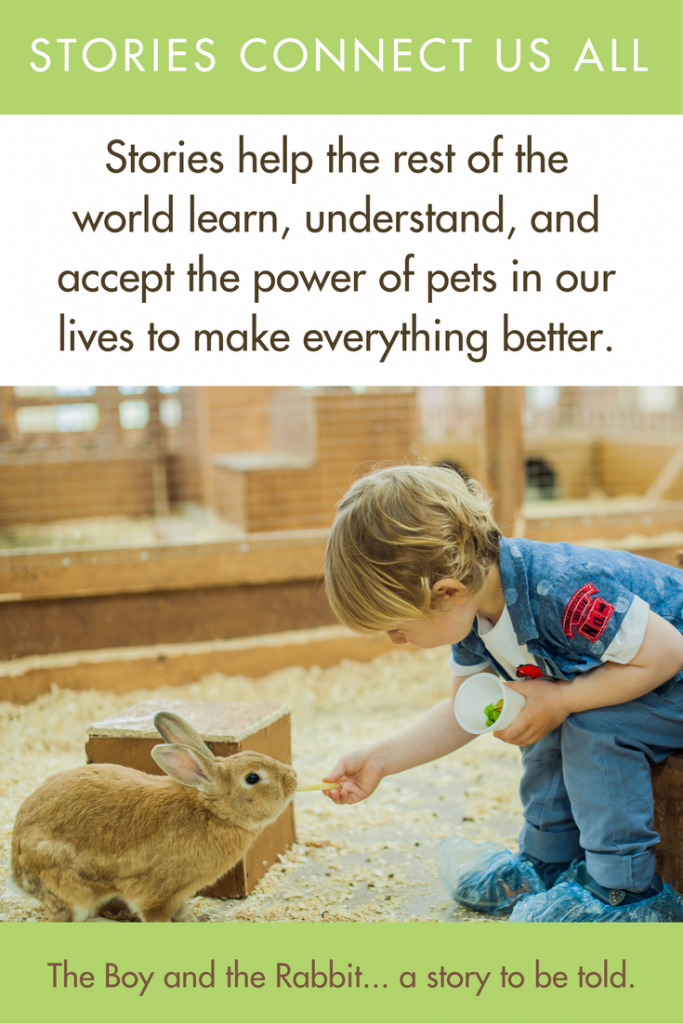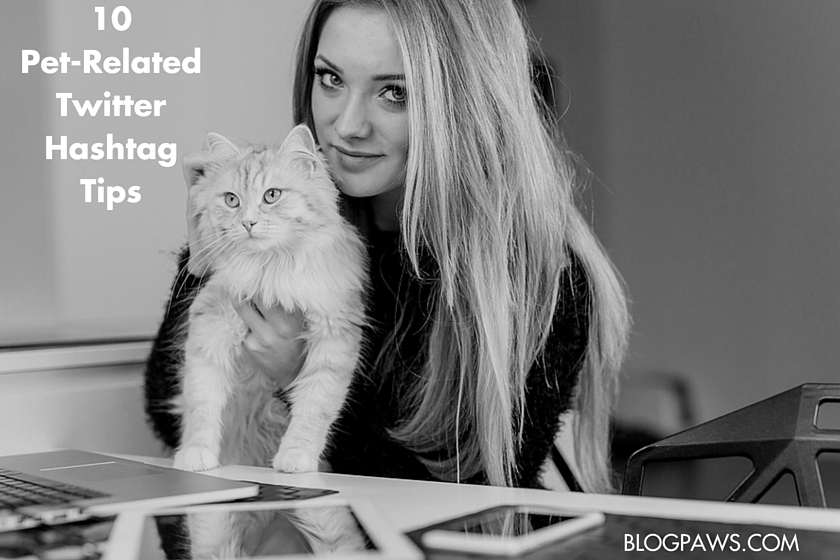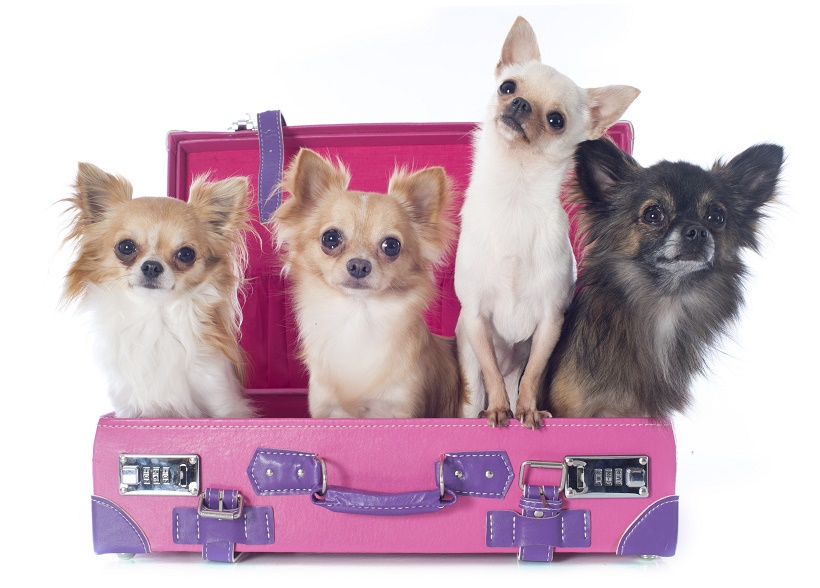How to Write Any Kind of Blog Post Authentically
As a regular reader of BlogPaws, I expect you are familiar with the concept of authenticity in blogging.
This involves creating and using a voice or tone that is yours alone. Your blog has a tone that people recognize as yours. Your blog is dedicated to truth in writing, and the words on the computer screen were put together by you, as you, for your readers. You are the blog. That’s authenticity.
Anything otherwise is not. Yes, you can have guest bloggers and even “ghost writers” perhaps. If you’re open and honest about it. We’ll discuss ghost writing another time.
Today, I want to ask you a few questions:
- Your local municipality is talking about passing a BSL law against German Shepherds. What do you do? You don’t have a German Shepherd. You seldom write about breed specific anything. Your blog is about nutrition. Is this something you cover? Or, do you ignore it on your blog, even though it’s a major issue to you, one that is unfair and untenable?
- Your favorite blogger has misinformation on her blog and you’ve told her why it’s wrong, but she won’t remove it. She doesn’t agree that it’s wrong. What do you do? Do you call her out on social media? Do you write a scathing post on your own blog to prove her wrong?
- You just received a product from a brand you are being compensated to write about–via your influence online–but the product is inferior to what you expected and had you seen it before contracting to write about it, you would have declined. Do you write about it anyway? Do you struggle with a good review because you feel guilty; after all you’re being paid to write a review, it should be a positive one, shouldn’t it? Or, do you apologize to the brand and write an honest but negative review because your readers expect it from you?
Let’s take each of these in turn and talk about how to cover them, authentically, no matter what your pet blog is about. It’s good to address issues like this as you build your influence as a pet blogger, don’t you agree?
My blog, Scratchings and Sniffings, is about all things pet. I have, of late, turned my attention to the human animal bond, however. When I look at each of the questions above, I have to ask myself if I should cover them, or just ignore them.
BSL. Huge problem.
Technically, BSL (breed specific legislation) is not about the human animal bond, but definitely about misinformation and lack of education in the community. If I write about it, will it sound authentic? Answer: Yes. Anything that deals with the connection between animals, and people, applies to the human animal bond and I should cover it. If your blog is about nutrition, though, how do you fit a story about BSL in the mix? You tell your readers at the opening of your post that this one is not your usual fare. Make them aware of the change in topic, and the reason for covering the topic. Then, cover it as you normally would, in your own voice.
DO NOT feel you have to cover BSL (or any other provocative topic) just because you’re a pet blogger. The point here is to do it if you’re compelled to do it, no matter the focus of your blog. Just tell people why at the beginning of the post.
Misinformation on a fellow blogger’s blog.
Do not call out a blogger on social media. If you discover misinformation, make it your job to write about it on your blog and correct it. Do not link to the misinformation and do not mention the actual blogger or blog on which it is posted. In this case, we’re talking about content that can be interpreted in a variety of ways, and you’ve decided the way your blogger friend interpreted it is incorrect. That’s fine. It means you should make the case for your interpretation, on your blog, without resorting to rude name calling, or finger pointing. It never hurts to practice politeness. Authenticity here means being professional: understanding the best way to combat misinformation is to correct it, and share your resources. Oh, if someone else has called the blogger out on social media, don’t participate. Unless we’re talking life and death, and in this instance I am not, there is no cause for you to embarrass another blogger.
Brand products that don’t live up to expectations.
We’ve all experienced this. In the early days of Scratchings and Sniffings, before BlogPaws, I was tapped to test or review a number of products. For the most part, I enjoyed it. I was rarely delivered a product that wasn’t worth saying nice things about. In the event a product arrived that turned out not to be a good fit, I either sent it back (on their dime), or I contacted the brand and told them why it wasn’t a good fit.
If I happened to be part of a campaign where I was being paid in more than free product, I admit that I did my best to create a purposeful review. In the event the product wasn’t exactly as I’d expected, I did the “write a good point, talk about what can be improved, close with a positive comment.” Mind you, this was for things like toys or other items, especially books. For food, well, I rarely accepted food I wasn’t sure the dogs would love. If they didn’t, I said so, without writing a review. And, generally, I still got paid. Because, you see, we aren’t paid for our opinion. We’re paid for our time and our work, and I put effort into each campaign I was assigned to work on.
The key here is to make sure your content is consistent. Your readers expect honesty. Give it them.
I can cover anything on my blog if it means enough to me to write a purposeful post about it. No, I wouldn’t write about making a cherry pie on my pet blog, unless it was for a fund-raising event to benefit victims of a natural disaster, for instance. Yes, I would write about religion, because a big story online was reporting that dogs have no soul, because I believe they do have a soul.
My key points here are listed below. In the end, we, as a society, are linked in many different ways. Pet people are no different than lifestyle people who have pets. We are all here to serve a bigger purpose, and for many of us, that means sharing stories on our blog to help the rest of the world learn, understand, and accept the power of pets in our lives to make everything better.
Key Points:
- Write in your own voice, no matter the topic. Honesty is always the best policy.
- Be polite to others. Be considerate. Be kind.
- Cover topics outside of your regular focus if you’re passionate enough about them. Let your readers know upfront why you’re doing it.
Tell us how you’d handle these issues in the comments. Or, share a question about the topic. What concerns you most about trying to be authentic in your blog posts?
Yvonne DiVita is a Co-Founder of BlogPaws. She is dedicated to storytelling and the human-animal bond. When not working on BlogPaws, she writes at Scratchings and Sniffings and The Lipsticking Society. You may contact her at Yvonne@blogpaws.com.
Image: Elizaveta Galitckaia/Shutterstock.com







